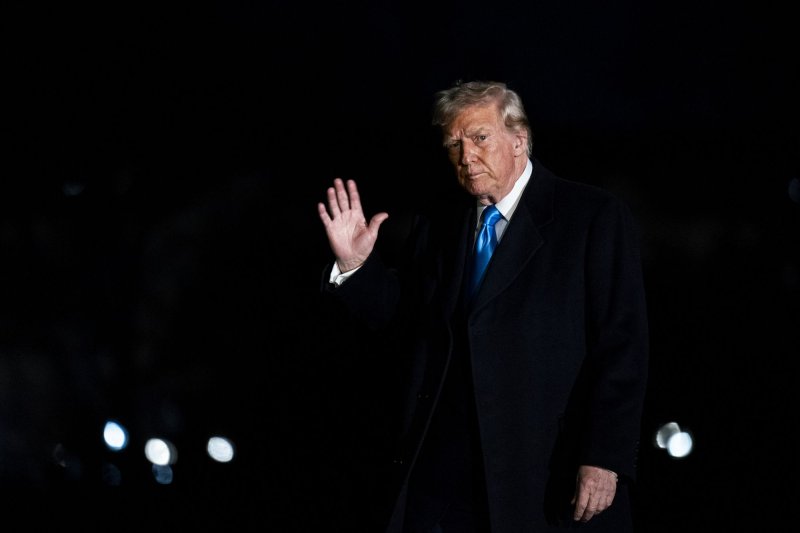Feb. 2 (UPI) — President Donald Trump is threatening to cut all U.S. funding to South Africa, seemingly over the African nation’s controversial land expropriation law.
It was unclear what prompted Trump to make the Sunday night announcement on his Truth Social platform, but it makes South Africa the latest target of the newly inaugurated president’s use of the United States’ financial might to force strategic partners and allies to align with his policies.
“South Africa is confiscating land, and treating certain classes of people VERY BADLY. A massive Human Rights VIOLATION, at a minimum, is happening for all to see,” Trump said in the statement without providing proof. “The United States won’t stand for it, we will act.”
Last month, President Cyril Ramaphosa of South Africa signed into law a bill allowing all local, provincial and national authorities to expropriate land in the public interest, as an attempt to redress results of past racial discrimination. The law replaces the Expropriation Act of 1975 that was put in place before the country gained democracy in 1994.
The law states that property cannot be expropriate arbitrarily. Land can only be seized if an agreement with the owner cannot be reached, subject to “just and equitable compensation” being paid.
However, the government may seize the land without compensation under some circumstances, including where the land is not being used, developed or generating income but is instead held solely for appreciation of its market value, among other reasons.
The ruling African National Congress celebrated the signing of the law as prioritizing social justice and equitable access to resources, and addressing the “legacy of colonial dispossession and apartheid spatial planning, ensuring that the land and resources of South Africa are used to benefit the majority of its people.”
The law, which was five years in the making, has been met with pushback from opposition political parties, which threatened litigation over aspects of the bill.
“I will be cutting off all future funding to South Africa until a full investigation of this situation has been completed!” Trump said.
Elon Musk, the world’s richest man and a close advisor to the president, is South African and has accused Ramaphosa’s government of “openly pushing for genocide of white people,” despite the lack of evidence. Musk, the CEO of Tesla and SpaceX, became a U.S. citizen in 2002.
The announcement comes after Trump imposed stiff tariffs against allies and neighbors, Canada and Mexico, attracting strong rebukes not only from their governments but also their publics. China, a U.S. competitor, was also hit with U.S. tariffs.
South Africa has yet to respond to the development.
In South Africa, inequality is among the world’s highest, according to the World Bank.
A 2017 land audit report found that White South Africans own 72% of all farm and agricultural land, while Black South Africans owned 15%.
As of 2022, White South Africans account for less than 8% of the population
